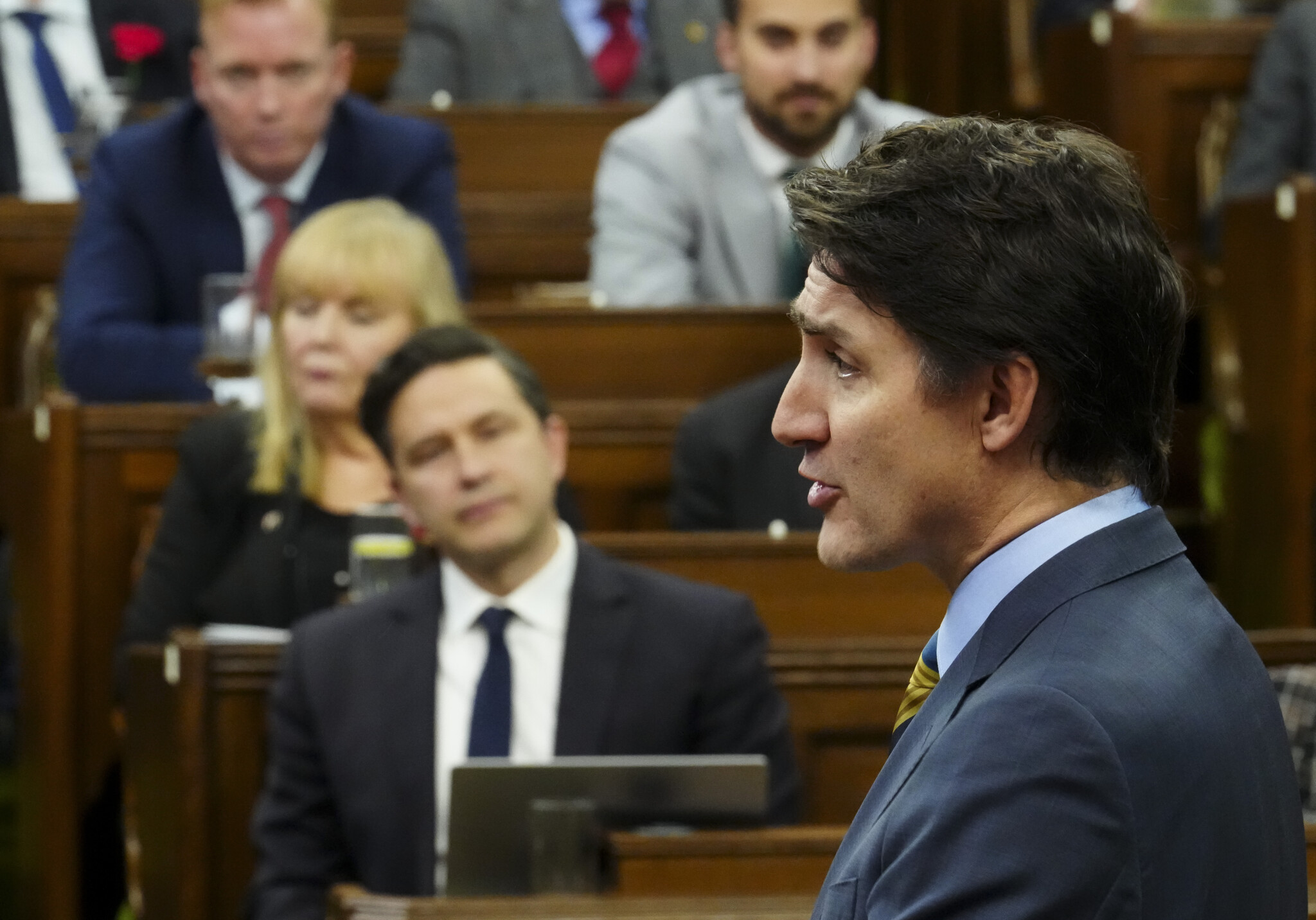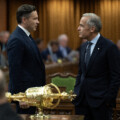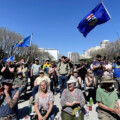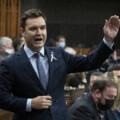This is The Week in Polling, your Saturday dose of interesting numbers from top pollsters in Canada and around the world, curated by The Hub. Here’s what we’re looking at this week.
Seven in ten Canadians think Canada is “broken”
Conservative Leader Pierre Poilievre has long highlighted the issues of high inflation and rising food, fuel, and housing costs, saying, “It feels like everything is broken in this country right now.”
Prime Minister Trudeau vigorously disagrees. “Let me be very clear for the record: Canada is not broken,” he has said. “We’re going to get through these tough times because we’re going to do it together. And this is important: when we say we’re building a stronger future for everyone, we mean all Canadians, no matter who you voted for.”
But polls show seven in 10 Canadians agree with Poilievre’s sentiment. Agreement is higher among younger Canadians—78 percent of Canadians ages 18-34 agree with Poilievre—and Conservative voters, with 96 percent agreeing with the party leader.
Disagreement with Poilievre is higher among Canadians over the age of 55 and those living in Quebec—39 percent of either group disagree—and Liberal voters, as 66 percent believe Canada is not broken.









